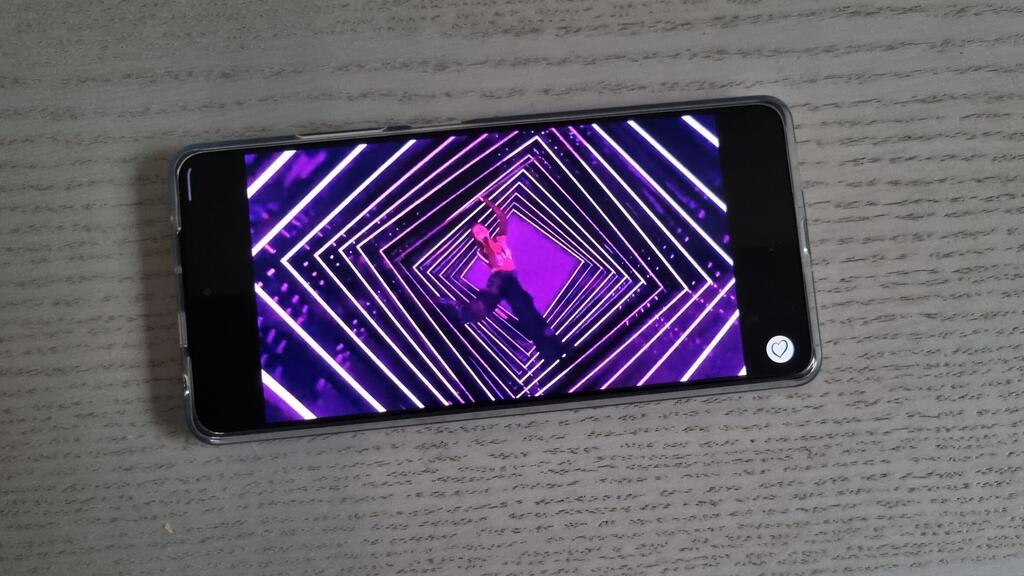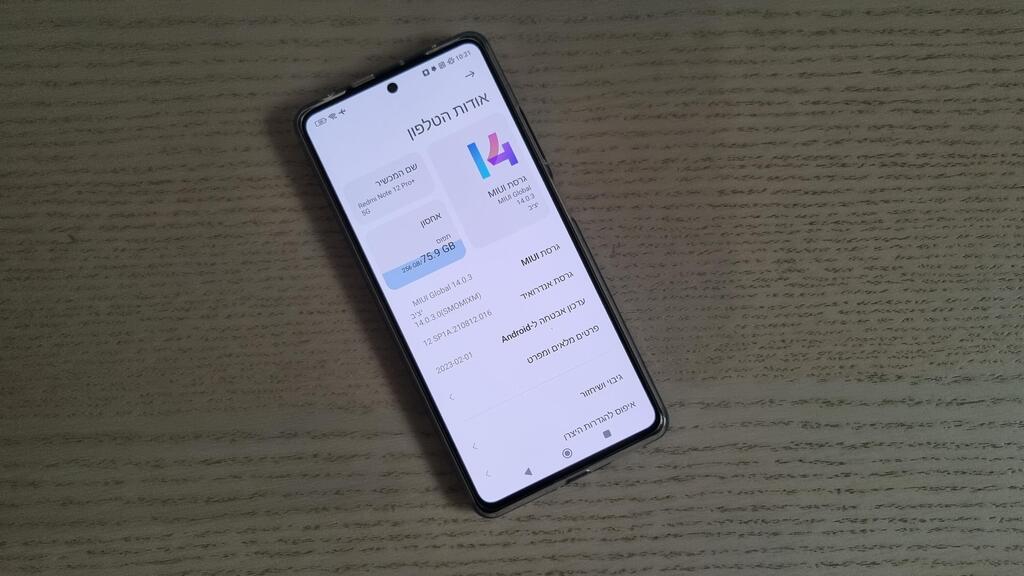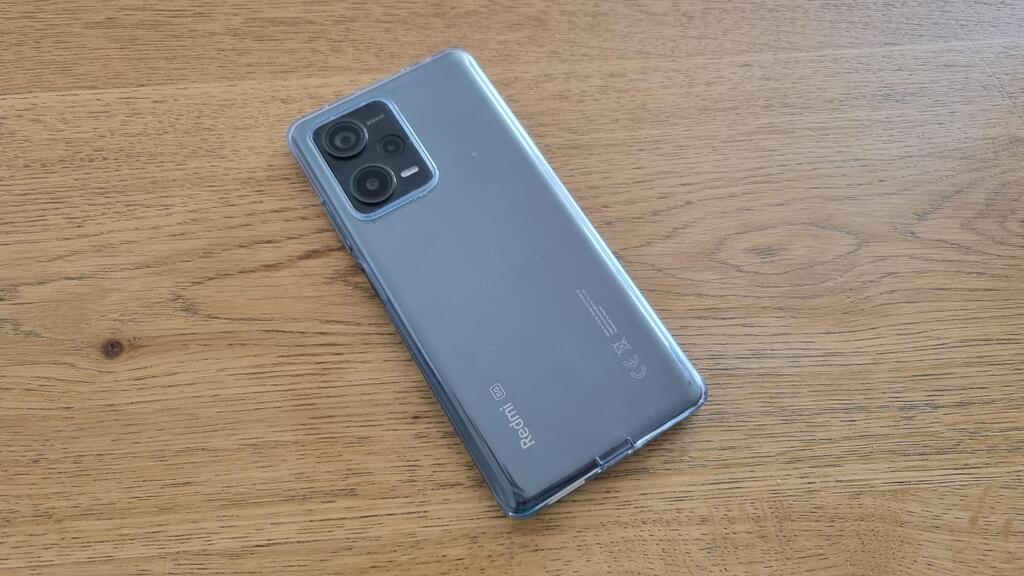In essence, the Redmi Note 12 Pro Plus lives up to its role as a mid-range device. It may not be astonishing, carrying its share of trade-offs and limitations, but it adequately meets the daily needs of most users. The screen is commendable, the camera is functional if not exceptional, the Android version is somewhat dated but not egregiously so, and fast charging is supported. At its price, it offers reasonable value.
Competing options at this price point are available, and Xiaomi even competes against itself. Between the Chinese launch of the Redmi Note 12 and its international release, Xiaomi introduced the Focus X5 Pro, strikingly similar to the Redmi, albeit with a bit more plastic and a lower price tag.
More Smartphone Reviews
Xiaomi's fundamental recipe, which propelled its success, is well-known: offering relatively affordable devices that deliver commendable value for their price. These devices might not be the most powerful, but they cater well to the average consumer without straining their finances. As mentioned, Xiaomi offers both lower-tier devices and premium ones, each corresponding to their respective price ranges.
Design and Structure: Sturdy Yet Not Bulky
Befitting its flagship status, even as a mid-range model, the Redmi Note Pro Plus features a glass back with Gorilla Glass 5 on the front. It doesn't radiate luxury, but it avoids the appearance and feel of a budget model. A minor drawback of the glass back is its propensity to accumulate fingerprints. A basic silicone protector is included in the device kit as a solution. While the phone feels resilient to drops, an extra layer of protection is always advisable, especially when provided at no extra cost.
Regarding protection standards, the Note Pro Plus meets the IP53 standard, offering reasonable dust protection and partial safeguarding against water spray. However, exposing it to rain is not recommended.
The device boasts a sizable 6.67-inch screen, contributing to its slightly massive feel and a weight of 208 grams. On the back, three lenses protrude from the device's body, while the left side remains unoccupied. The right side houses volume buttons and a power button, which also incorporates a fingerprint scanner.
The screen is flat with minimal bezels, and the selfie camera occupies minimal space – a small circle at the screen's top. This design is consistent with premium models from both Xiaomi and its competitors.
Hardware: Impressive Screen and Quick Charging
Creating a mid-level model involves compromises, meaning the hardware won't be the latest or most powerful. The device features MediaTek's Dimensity 1080 processor, accompanied by 8 gigabytes of memory and 256 gigabytes of storage. Through the settings menu, up to 5 additional gigabytes can be allocated to RAM, at the cost of storage space.
While the screen doesn't match the splendor of pricier models, it still offers a good image with vibrant colors. Although the brightness isn't blinding, it remains readable even in daylight. The device handles games and high-quality videos without difficulty. Both face recognition and fingerprint recognition work seamlessly.
The Note Pro Plus houses a 5,000 mAh battery that comfortably lasts through a day's use. It supports fast charging, with the package including a 120-watt charger. This charger can charge the battery from 0 to 50% in just 13 minutes, and a full 100% in around 28 minutes.
Typical of less expensive Xiaomi models, the device features an infrared light and a remote app for controlling various devices. It includes a standard headphone jack and dual speakers (one on each end), but lacks an expansion slot for a memory card and eSIM support.
Software and Interface: Outdated Android and App Recommendations
Despite Android 13 being available during its Chinese launch, Xiaomi opted to introduce it with Android 12. This outdated Android version comes with Xiaomi's MIUI interface in the latest iteration – version 14. This interface offers a range of customization options, catering to those who enjoy delving into menus or are already familiar with Xiaomi's system.
Xiaomi takes the liberty of preloading various applications onto the device, including useful tools like the WPS office suite, as well as TikTok, booking apps, games, and recommendations for other applications. While this adds value to the device, I personally prefer to have control over what is installed. Nevertheless, you can disregard these suggestions and remove the pre-installed apps.
Camera: Megapixels Are Just Part of the Story
Many companies, especially with budget phones, employ a similar approach for camera setups – a high-megapixel main sensor alongside two more modest cameras.
In the case of the Redmi Note Pro Plus, there's a 200-megapixel main sensor, accompanied by an 8-megapixel sensor for wide-angle photography and a 2-megapixel sensor solely for macro photography. When in video mode, you can select between shooting in 720 or 1080 pixels, and even go up to 4K quality.
The overall results are good, with respectable colors but not particularly striking images. Macro shots lack sharpness, and other instances reveal occasional smudging. The night shooting mode doesn't offer significant improvements over normal shooting.
Xiaomi Redmi Note 12 Pro Plus: Striking a balance between power and affordability - CTech
Read More




No comments:
Post a Comment